Prevent
Can Exposure to Light at Night Affect Cancer Risk?
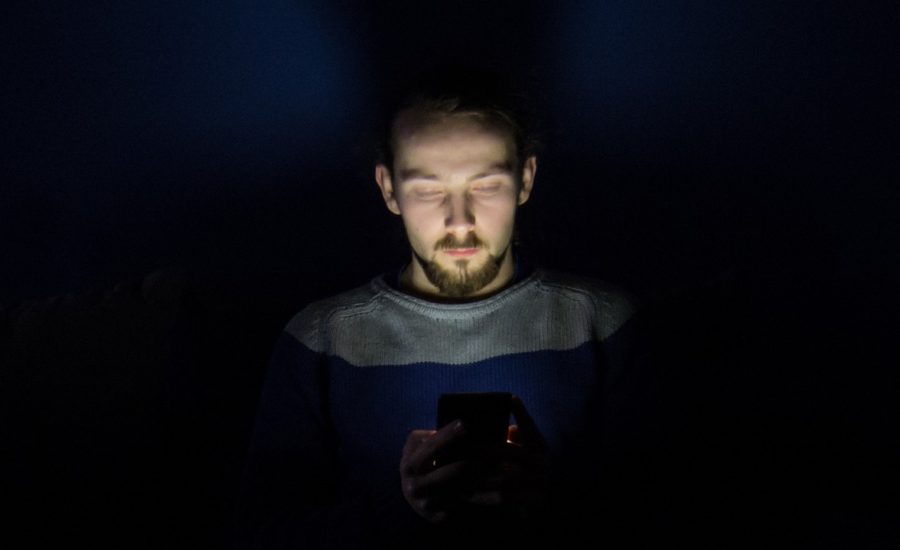
Sleep can be just as important for your health as diet and exercise.
Several studies have found that disrupting your body’s natural rhythm guided by the light cycles of day and night is potentially hazardous for your health in several ways.
Sleep disturbances can weaken your immune system, cause genes to malfunction, and promote other factors that may lead to cancer growth. Here are some ways that light exposure at night can influence cancer risk:
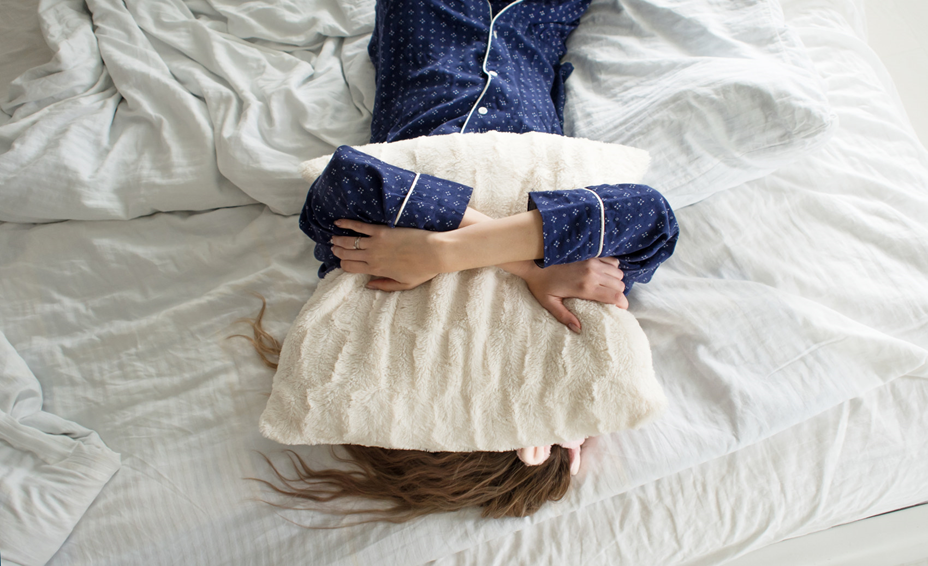
How Melatonin Affects Health
Your circadian rhythm is a series of the body’s natural responses to the changes in light over the course of a day.
Melatonin is called the “hormone of darkness” because it regulates sleep and is produced when the brain is signaled by nightfall. The rush of melatonin each night tells your body that it’s time for bed.
But melatonin also influences other important functions that protect your health.
Some of its abilities include:
- Preventing chemicals from binding to and damaging DNA, which otherwise might lead to cancer
- Repairing damage to DNA
- Boosting the cancer-fighting capacity of your immune system
- Limiting new blood vessel growth that can lead to tumors
- Regulating genes that control cell metabolism, growth, and division, which are all features that can lead to cancer.
- Regulating the production of sex hormones that can lead to cancer (like estrogen)
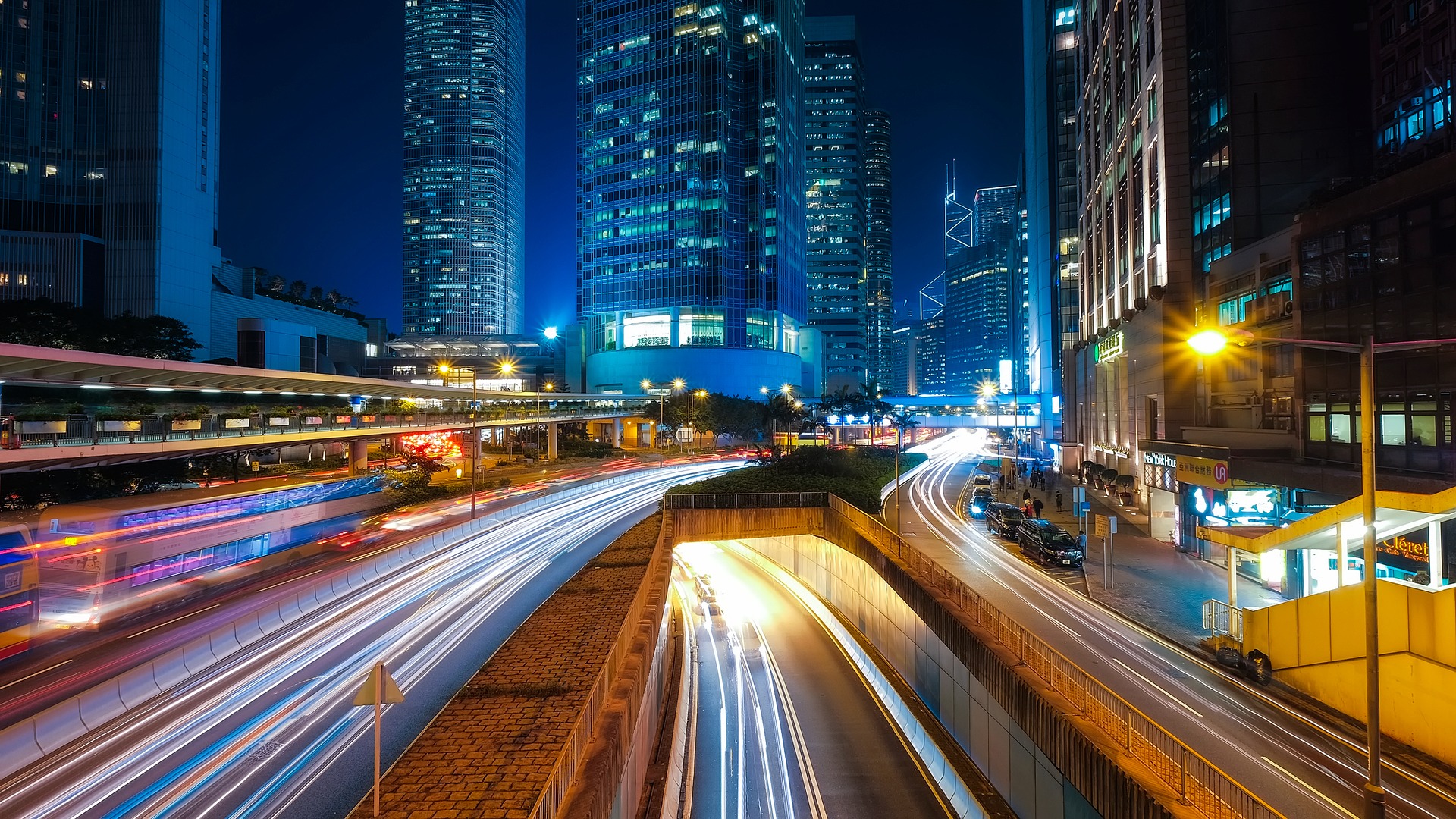
Breast Cancer Risk Higher for Bright at Night Areas
The constant exposure to artificial light in the homes, workplaces, and cityscapes of industrialized countries could be leading to higher cancer rates.
A recent Harvard study found that satellite images of areas with high intensity light during nighttime hours matched up with areas that had higher breast cancer rates.
The research looked at data from the nationwide U.S.-based Nurses’ Health Study II (NHSII) from 1989 through 2013. Their findings took into account other cancer risk factors like age, number of children, weight, use of hormone medications.
A connection between exposure to outdoor light at night and breast cancer was found for women who were current and past smokers and (more surprisingly) premenopausal women. The link was even stronger for women who worked night shifts.
Most of the breast cancer cases were also ER-positive, which means that cancer cells grew in response to estrogen. This could support the theory that sleep disturbances caused by light exposure at night may increase estrogen and other sex hormones that can increase cancer risk.
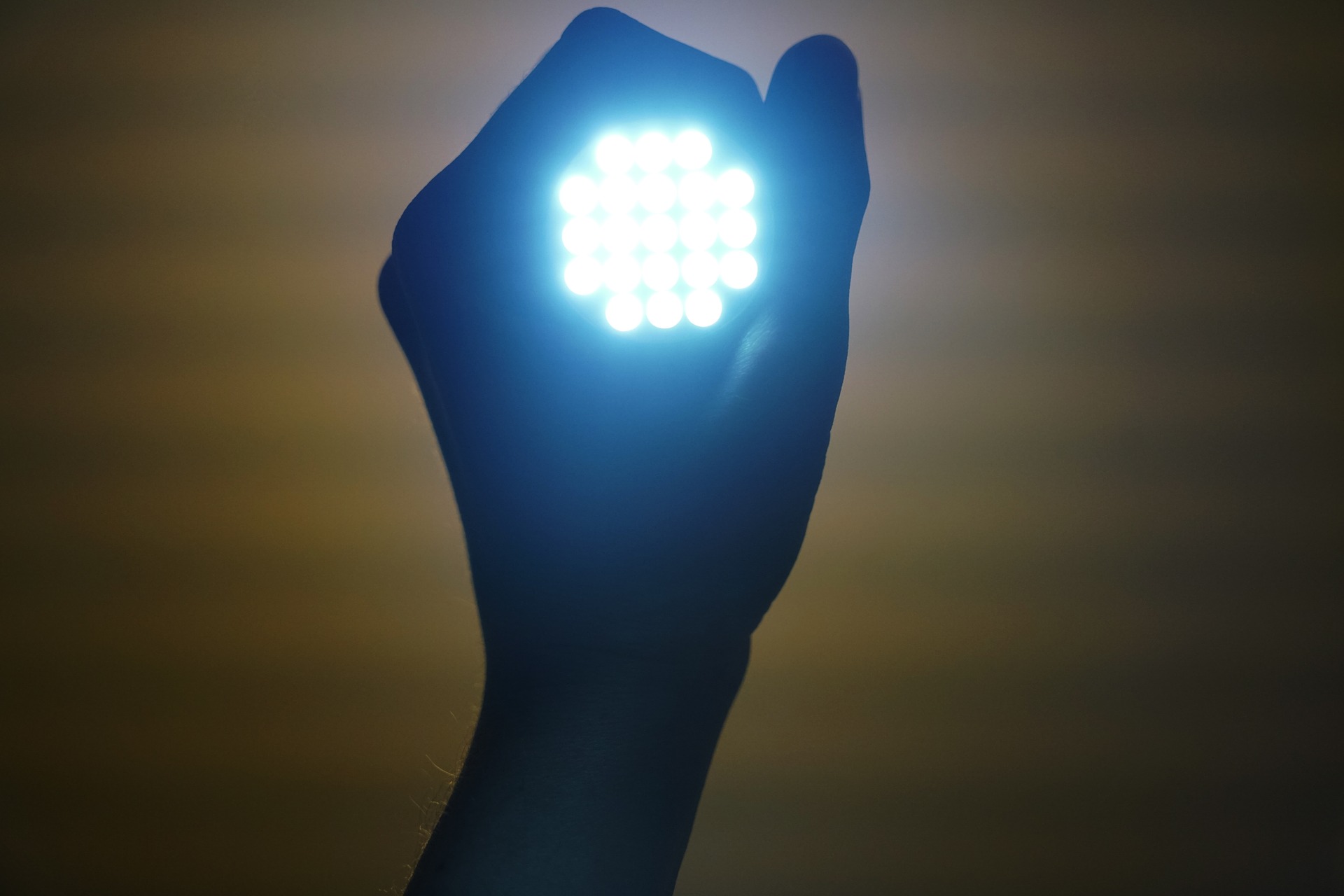
The Health Hazards of Blue Light
With the rise of LED light bulbs and screens, blue light is becoming constant part of daily life. Though the sun is the main source of blue light during the day, too much blue light exposure late at night from your phone, TV, or computer can make it harder to get to sleep.
An experiment by Harvard researchers compared the effects of 6.5 hours of exposure to blue light versus green light. The results showed that blue light suppressed melatonin for about twice as long as the green light and changed circadian rhythms by twice as much.
The brain is usually signaled by the natural blue light found outside during the day to to keep you alert. The artificial blue light from LEDs in street lights, home lighting, and screens at night can trick your brain into thinking its still day. This leads to less melatonin and its previously discussed health benefits.
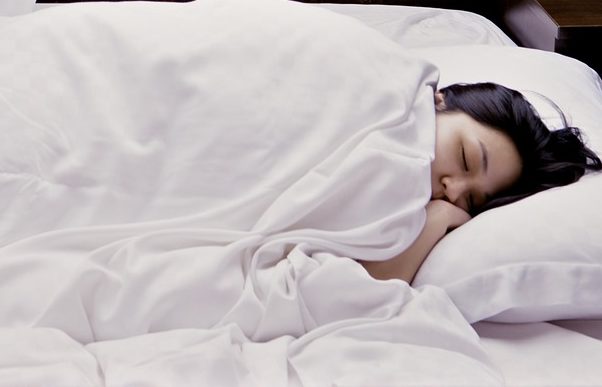
Healthy Sleep Practices
It can be difficult in the Digital Age to limit your exposure to sleep interrupting lights.
Here are a few suggestions for making your home a more sleep friendly-environment:
- Try to remove as many electronic, light-emitting devices from your bedroom as possible (like TVs, laptops, tablets, and phones).
- Install warm-colored bulbs for your bedroom (the redder the light, the less it shifts your circadian rhythm).
- Turn on the “night mode” options on your phones and laptops.
- Use apps, likes F.lux, that are timed to change the display setting on your digital devices to warmer colors at night.
- Try to avoid looking at bright screens for at least two to three hours before going to bed.
- Consider purchasing blue light filtering glasses, especially if your work requires late night screen time.
- Expose yourself to lot of bright light during the day, which will promote sleep at night.




